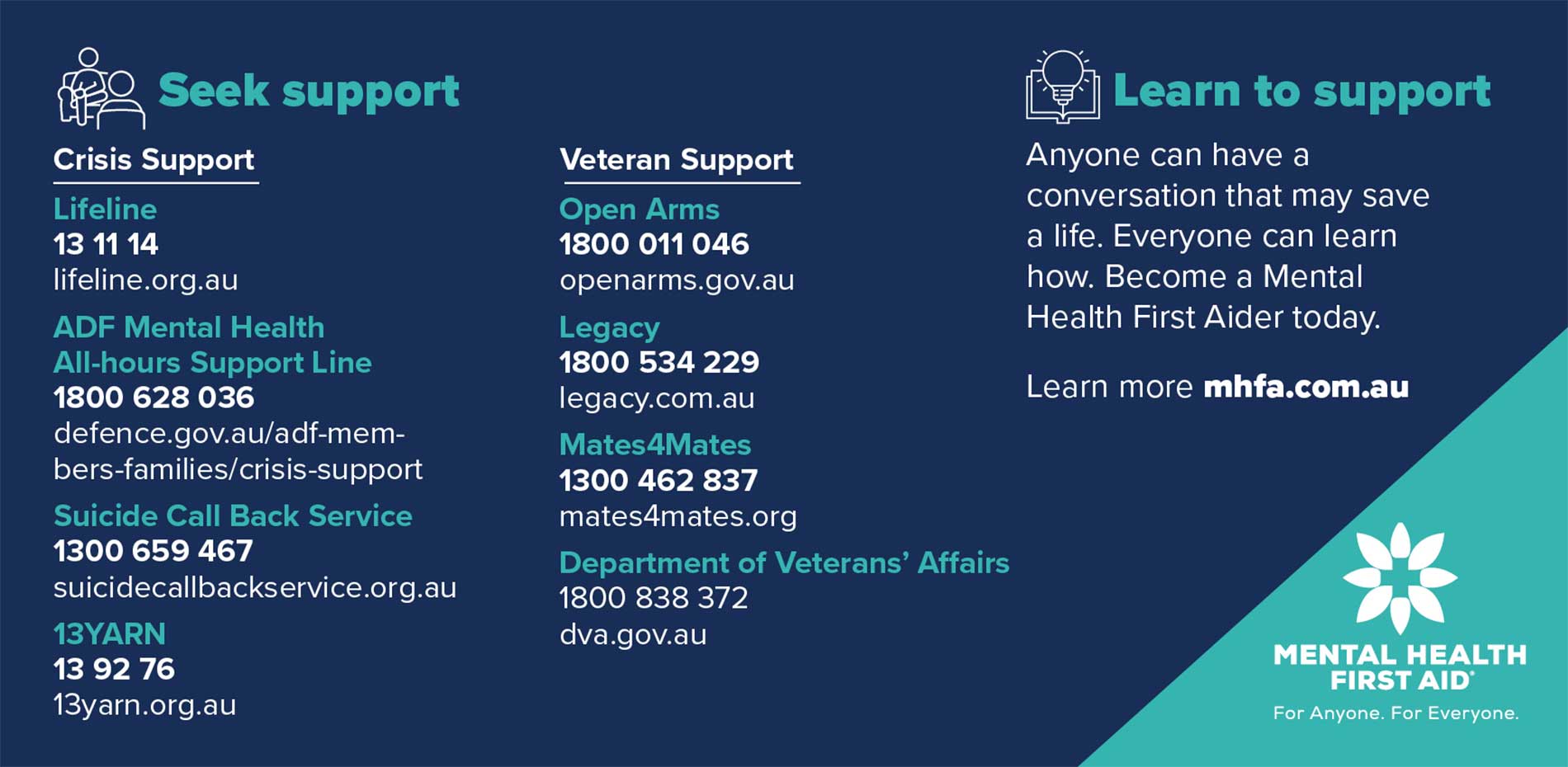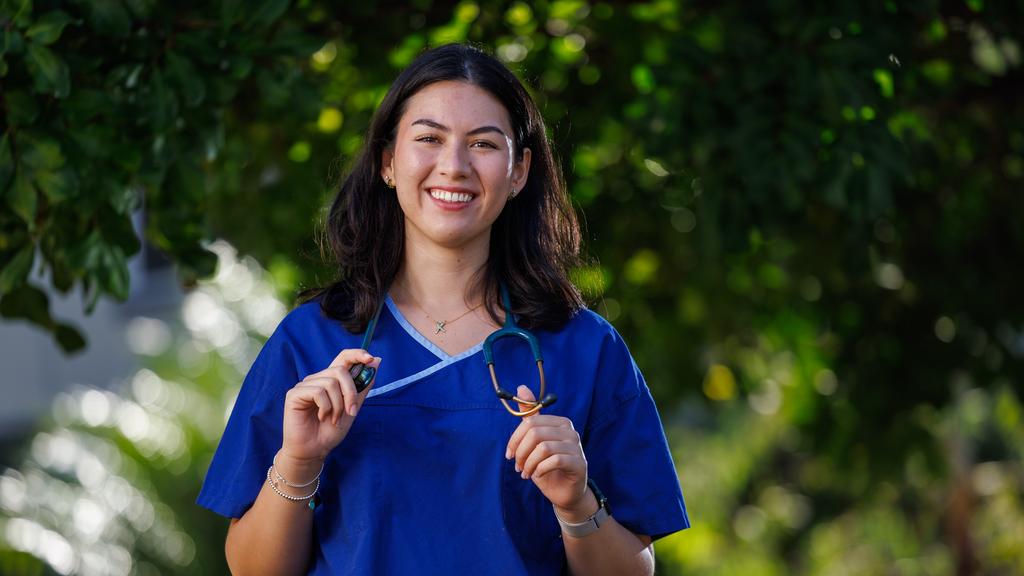17 April 2025: Australian health promotion charity, Mental Health First Aid is calling on political parties and candidates to commit to providing free community training to 1 million Australians by 2030.
As Australia grapples with deepening mental health problems, increased demand for crisis support, and record-high calls to services like Lifeline, Mental Health First Aid says it welcomes the funding commitments already made by the major parties during the 2025 Federal Election campaign.
“As we all know, mental distress is on the rise and we’re seeing more Australians reaching a crisis,” Angus Clelland, CEO of Mental Health First Aid International said. “The election commitments made so far are welcome and will address some of the access issues for people in crisis. But the federal government can’t do all the heavy lifting – the states and territories need to step up too.”
“We also need to work on prevention and early intervention to avoid crisis in the first place.”
“We know that early intervention helps people to avoid crisis and saves lives. Since Mental Health First Aid was developed in Australia in 2000, our aim has been to educate, upskill and empower communities to respond compassionately to family members, friends and co-workers in difficulties and help them seek professional help early.”
“This is not about replacing clinicians, it’s about empowering everyday Australians to know what to do until professional help is available,” Mr Clelland said.
“Mental Health First Aid will train at least 500,000 Australians by the by 2030, without government support. Our aim is to train at least 1.5 million people and to do this we need whoever forms government to chip in. This will make a real difference to the community and help ease pressure over the long term on the mental health service systems in the states and territories.”
Medical student Ally Egan undertook MHFA training last year through her university.
“I’ve been able to use that in the professional and personal setting … having difficult conversations with friends but being able to be more confident and just knowing what support services are available,” Ms Egan said.
Responding to Mental Health First Aid’s call for investment in MHFA for 1 million Australians, Ms Egan says: “I think it’s going to be really important just to have more people in the community who have the skills”.
Instructor and renowned psychologist Dr. Michael Carr-Gregg added to the conversation, emphasising that MHFA training equips individuals with the skills to identify and respond to mental health crises, ultimately saving lives and strengthening communities.
“MHFA training breaks down stigma, builds confidence, and equips people to provide immediate support when it matters most,” he said.
Picture: Medical student Ally Egan has undertaken Mental Health First Aid training. Photo by Justin Lloyd, News Corp.



